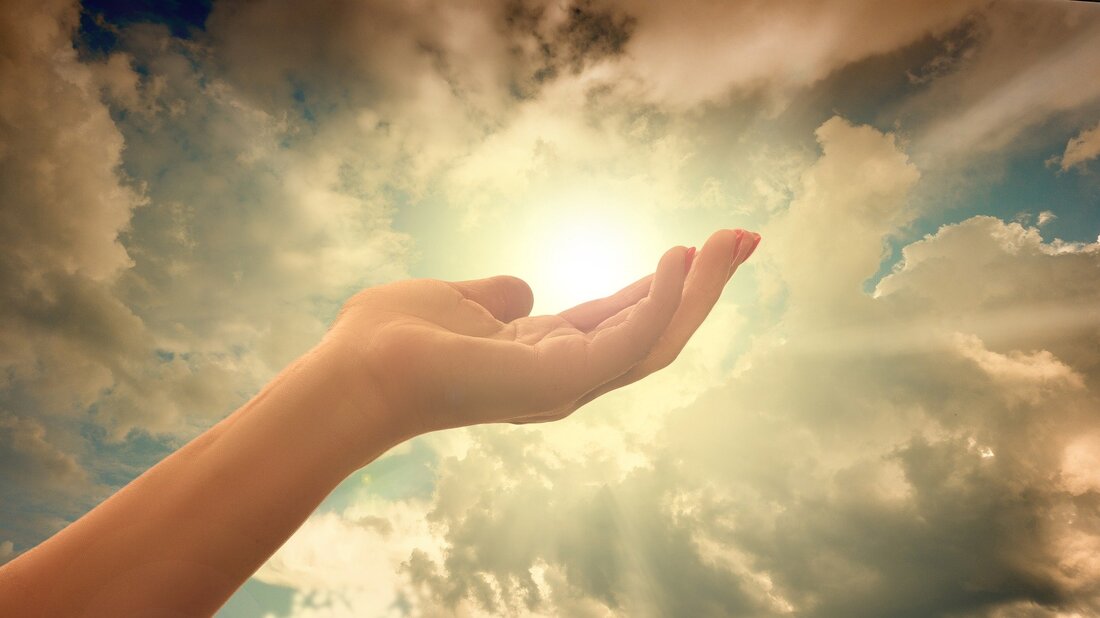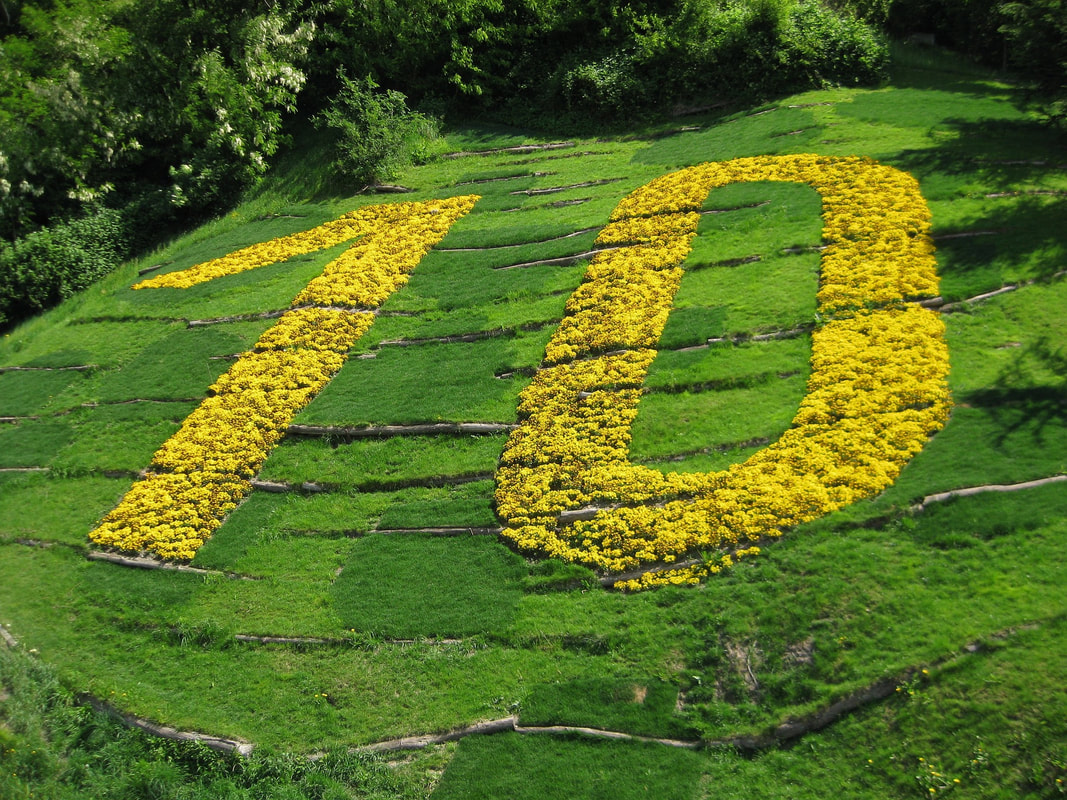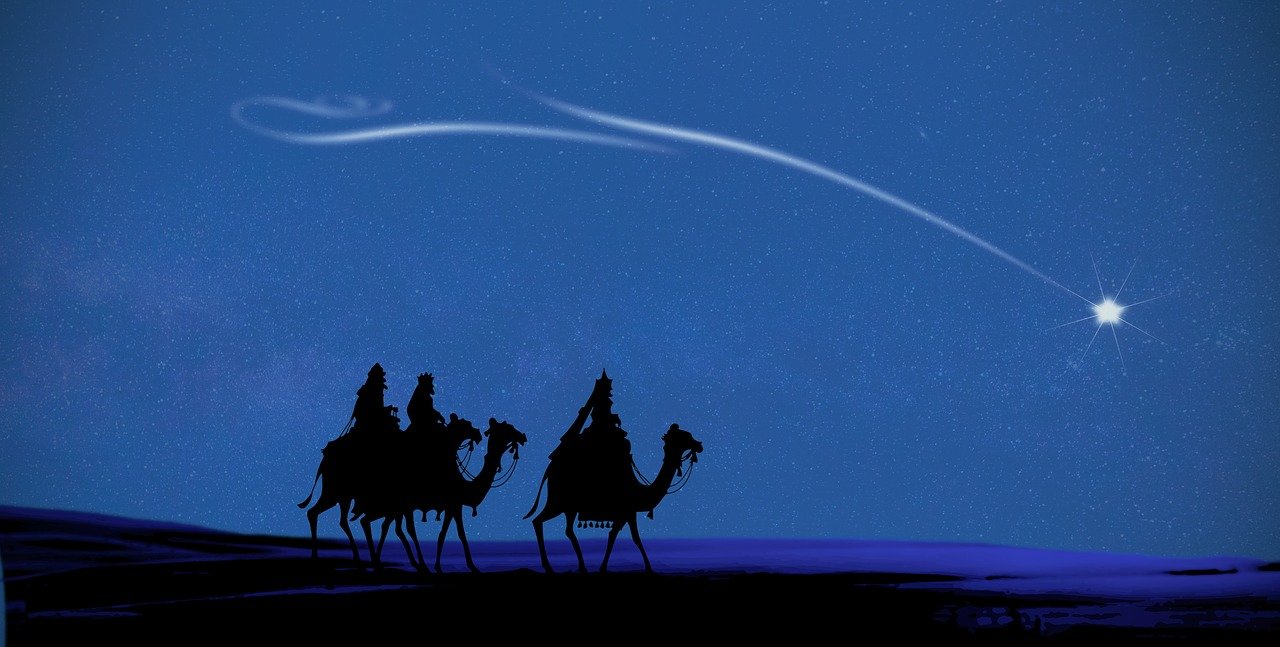You shall not worship any idols,
In today's sermon we examine the 2nd of the 10 commandments: not to make graven images or worship idols.
Wendy shared with me how as a teenager growing up in the Jehovah’s witnesses, the 2nd commandment was interpreted very literally. As a teenager she was not allowed to have a poster in her room of her favourite pop-star or rock band, because it was an image of a person one looked up to, who was a source of adulation. For Jehovah Witnesses, this was a form of worship and a contravention of the second commandment. But it could also be extended to other things, more inanimate objects. If you loved guns for example, you would not be allowed to put your favourite gun on the wall as a kind of trophy, that you had used to shoot a lion or a bear, because this too was considered a form of adulation or worship that went against the second commandment?
Wendy rather sheepishly admitted that she and her sister cheated when they put up a poster of their favourite group, New Kids on the Block.
A major question we need to wrestle with is how does one interpret the 2nd commandment? What does it actually mean?
Over the course of history, different Christian groups have interpreted the 2nd commandment in different ways.
Many Protestant groups have over the centuries interpreted this 2nd commandment in a fairly radical with church buildings very minimally decorated. In the early years of the in English reformation, a fairly radical approach to religious art led to large-scale destruction of statues, paintings and stained glass windows. Some may argue that such destruction was necessary as part of the reform of the church, while others would lament the artistic treasures that were lost in this period and describe what happened as religious vandalism.
In the Eastern Orthodox tradition, there was a similar period of what is often referred to as iconoclasm that occurred in the mid 700s and again in the early to mid 800s. In Eastern Orthodoxy, unlike the Catholic tradition, they do not make use of statues,. But they do make extensive use of painted religious icons, depicting Jesus, Mary, and various eastern saints. On the basis of the second commandment, the Eastern Orthodox iconoclasts (as they are known) tore down, defaced and burned religious icons and sought to leave church’s only minimally decorated. But in the end, the iconoclasts in Eastern Orthodoxy lost the debate and it was argued that it was not in contravention of the second commandment to depict images of Jesus, even though he was thought of as the second person of the Trinity, because according to Eastern Orthodox theologians, God himself had chosen to be incarnate in human form, and depicting the form of Jesus’ humanity was different from instructions not to try and depict the formless nature of God the Father who cannot and should not be depicted in any form.
In Roman Catholicism, far less attention has been paid to this commandment. In fact in Roman Catholic teaching this commandment is regarded as part of the first commandment making the instruction not to make graven images a sub-section of the first commandment. In its place, they divide the final commandment of not coveting, into two separate ones. The Lutheran tradition follows the same approach.
Roman Catholicism has perhaps been the Christian tradition that has had the loosest interpretation of this commandment, While in the Eastern Orthodox tradition, depiction of God the Father is not allowed, In the Catholic tradition, God as Father is sometimes depicted in religious art, such Michael Angelo’s famous Sistine Chapel painting of God reaching out his finger to touch the finger of Adam. Roman Catholicism would interpret the command not to make graven images to refer to the idols of other religions, which they would argue play a very different role than Roman Catholic statues.
Perhaps even more than any Christian or Jewish groups, Islam has probably held to the most radical and literal interpretation of this commandment, limiting their art to Calligraphy and at most the depiction of plants and trees and avoiding the depiction of any living creature, for as the commandment reads: “You shall not make for yourself an image in the form of anything in heaven above or on the earth beneath or in the waters below.” This would explain why for some Muslims it is regarded as such an offence to depict the Prophet Muhammed. Amongst other reasons, it is a direct contravention of a commandment of God.
In the New Testament, the apostle Paul encountered idolatry as he sought to convert Greeks and other Gentile people to Christianity. In such situations, conversion of Greeks to Christianity meant putting away their use of idols. But Paul also extended the concept of idolatry far beyond the idea of carved wooden or stone statues. Idolatry for Paul was a metaphor for the worship of created things, and even putting other human drives, motivations and things before the worship of God. In his letter to the Romans, Paul identifies two kinds of idolatry: firstly what he regards as the idolatry of lust in the Roman Empire, and secondly Paul seems to point to what might be called the idolatry of the ‘the works of the law’, trying to make oneself righteous through one’s own works and efforts rather than putting one’s faith and trust in God’s ability to make us righteous. This could possibly be regarded as a kind of idolatry of the self. In Ephesians 5:5, Paul also widens the concept of idolatry to include what he calls the idolatry of greed, which may be regarded as the particular sin of the modern age: the idolatry of materialism where shopping malls have become our modern places of worship.
Interestingly, in the teachings of Jesus, there is little to no reference to the role of idols, despite the fact that at times his ministry took him into Gentile areas where idols would have been worshipped.
Jesus’s attention was focussed elsewhere, in the direction of wealth and money. For Jesus, money and wealth were where the real danger was at. Jesus warned that wealth and money could in effect become a rival god, a form of idolatry, worshipping created things rather than the Creator of all things. Matthew 6:24 “No one can serve two masters. Either you will hate the one and love the other, or you will be devoted to the one and despise the other. You cannot serve both God and money.” This is probably the greater danger for modern people than bowing down and worshipping actual graven images.
Finally, I would like to reflect briefly on what might be called the fine print, which is quite a large part of the 2nd commandment itself.
“I, the Lord your God, am a jealous God, punishing the children for the sin of the parents to the third and fourth generation of those who hate me, but showing love to a thousand generations of those who love me and keep my commandments.”
Some would point out that his does not sound very just at all. In what way is it just for a child, grandchild, great-grandchild, or even a great-great-grandchild to be punished for the sins of their ancestors.
This was an idea that even the prophet Ezekiel found unjust. In fact so unjust that he found the need to challenge it and so in Ezekiel 18, the prophet, in the name of God, challenges this part of the second commandment, however not directly. He does it by challenging a proverb that expressed the same meaning as the second commandment: “The parents eat sour grapes, and the children’s teeth are set on edge.”
And so, in verse 14 - 19 Ezekiel writes: “Suppose a son, who sees all the sins his father commits, and though he sees them, he does not do them?” ...“He will not die for his father’s sin, he will surely live…. “Why does the son not share the guilt of his father? Since the son has done what is just and right and has been careful to keep all my decrees, he will surely live.”
This is a fascinating portion of scripture, because Ezekiel is effectively giving teaching that directly contradicts a part of the second commandment. We are not always accustomed to thinking that at times it is possible and maybe even ok to disagree with parts of the Bible, and especially not the 10 commandments. And yet that is exactly what Ezekiel does. Maybe it is okay not to make everything we read simply at face value? Perhaps the Bible is meant to be wrestled with like Jacob wrestling with God at the river Jabbok, rather than passively read without question or debate.
And yet, despite Ezekiel’s challenge in a more poetic sense, it is entirely true that sometimes there are family traits and family tendencies that are passed down the generations. And this can both be for good and ill. It raises the question what values, tendencies and legacy will we pass on to our children, grandchildren and great-grandchildren. Will it be a positive legacy that will be a blessing to them, or will they be cleaning up the mess of our own sins and idolatry for the next four generations to come? Will they be affected by this generations idolatry of greed, and love of money and material possessions, or will they be shaped and blessed by our love and worship of the God of Goodness and Love made known to us in Jesus?




 RSS Feed
RSS Feed